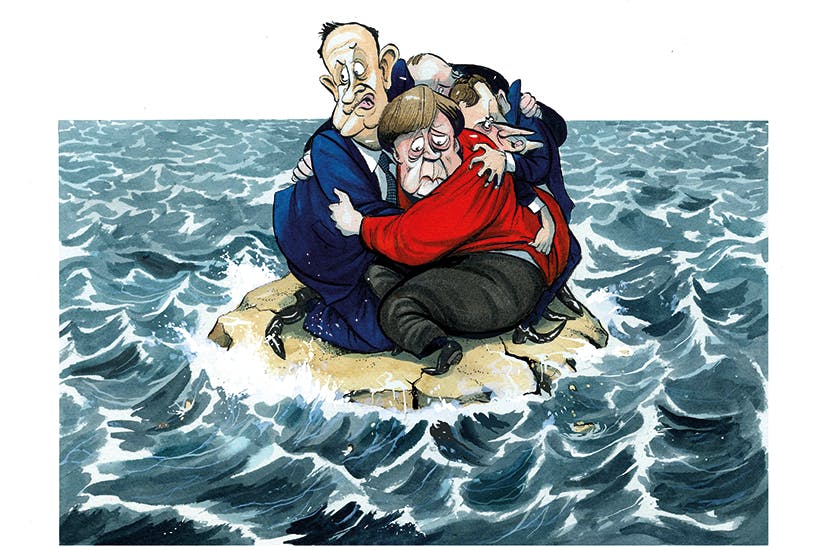It’s hard not to feel sorry for Leo Varadkar. He positioned himself as Ireland’s champion and even ended up with a decent deal. He expected some kind of electoral dividend in the snap election as he urged voters to stay away from the dangerous fringes occupied by Sinn Fein. Instead, they turned to Sinn Fein in record numbers — ending the two-party system that has governed Irish politics for a century.
In Ireland, this is unprecedented, but it fits a trend for Europe as a whole. Voters have been rebelling against old, established ‘centre-ground’ politics, and all around Europe, established politicians have responded by attacking voters. They’ve called their own electorate extremists, fruitcakes, loons, racists — or worse. Is it any wonder that this tactic has backfired? Voters don’t respond well to being insulted by the politicians they employ. They see it as arrogant and entitled. It drives them further into the arms of upstarts and fringe parties.

Get Britain's best politics newsletters
Register to get The Spectator's insight and opinion straight to your inbox. You can then read two free articles each week.
Already a subscriber? Log in







Comments
Join the debate for just $5 for 3 months
Be part of the conversation with other Spectator readers by getting your first three months for $5.
UNLOCK ACCESS Just $5 for 3 monthsAlready a subscriber? Log in